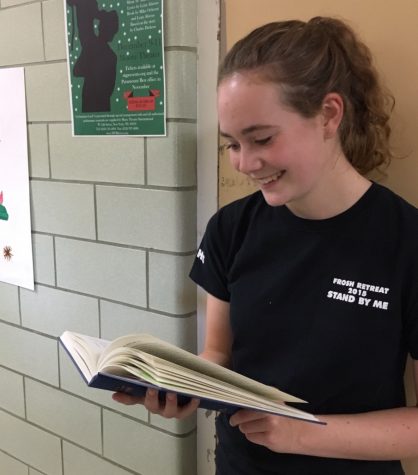The Ugly Truth About Produce Waste
April 6, 2018
Although it is not prevalent discussed in such a wealthy society as our own, the topic of food waste is a big issue.
Imperfect Produce delivers food in six cities around the US, including Seattle, and works to distribute produce that would have otherwise gone to waste.
Significant amounts of fruits and vegetables do not even make it off farms to grocery stores because they do not adhere to certain standards. If a banana is not within a certain length, thickness, or has an odd-shaped curve, then it will not be sent to grocery stores on the basis that people won’t like the way it looks, according to the documentary Just Eat It. Imperfect Produce collects produce from farms that have been deemed “ugly” and uses a delivery system to sell them to the public at a discount of 30-50% less than grocery store prices, according to their website.
In a society where people focus on the aesthetic appeal of their meals, they tend to falsely assume that how their food looks determines the taste.
While some are making these wanton judgement calls, others are barely scraping by on what is edible.
Food Lifeline in South Seattle redistributes otherwise wasted food throughout Western Washington at 300 different food banks, homeless shelters, and meal program locations, according to Food Lifeline’s website.
At Blanchet’s Hunger Retreat, students spent their Saturday morning at Food Lifeline redistributing 3,336 pounds of frozen carrots into two-pound bags which were separated a dozen bags to a box. This allowed for greater distribution as food banks cannot take on such an burden of carrots. Large quantities become difficult to disperse in a timely manner at one single place as there is only so much a food bank can give out before the food expires. In doing this, Food Lifeline, “the foodbank of foodbanks”, prevented over 3,000 pounds of carrots from being thrown away. Not only would precious food commodities have gone to waste, but the energy and water supplies it took to produce the carrots would have been for naught. According to Kyle Kim, Jon Schleuss, and Priya Krishnakumar of The L.A. Times, it takes 14.8 gallons of water to produce one pound of carrots.
Wasting resources both directly and indirectly should not occur when such large parts of the world are wrought with poverty and hunger. Society needs to take a better look at what is important and amend their shortsighted ways. Paying more attention to what you put on your plate can go a long way, but you can do a lot more by volunteering at organizations like Food Lifeline or buying from businesses such as Imperfect Produce.






